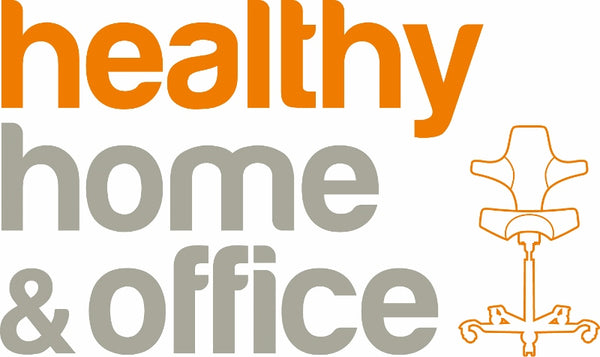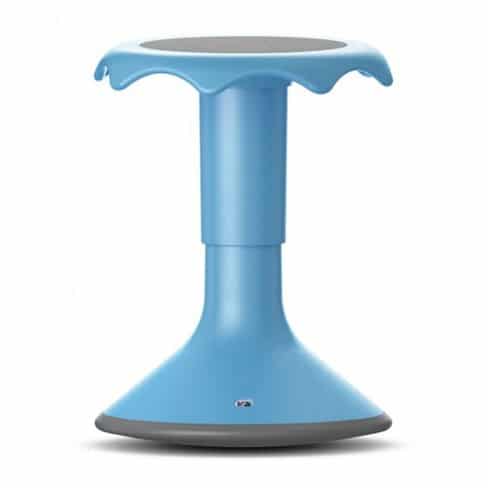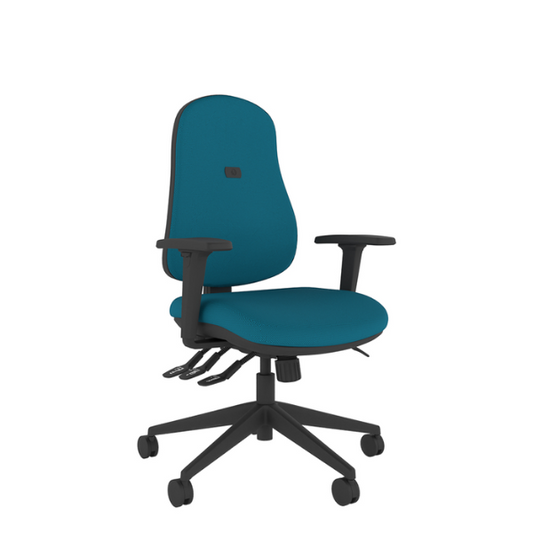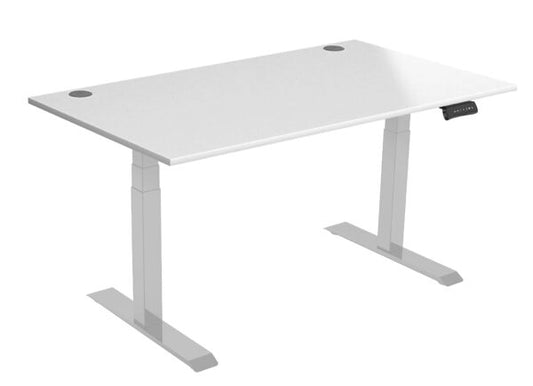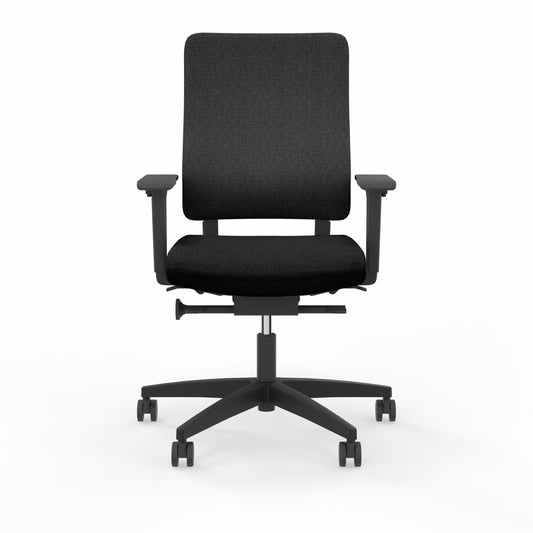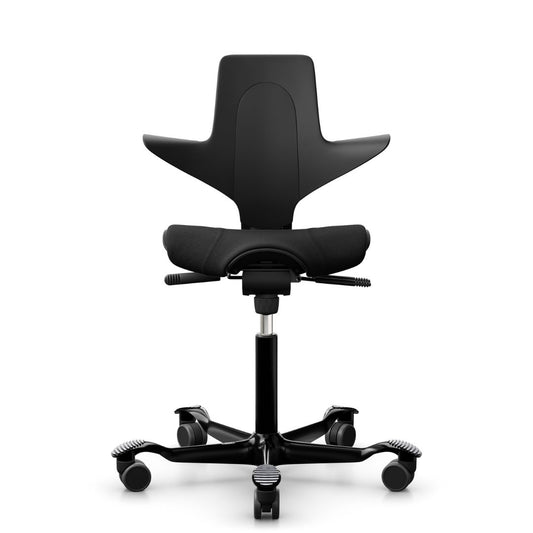Pregnancy and Epilepsy Guidance
- DSE Overview
- Workstation Assessments
- Posture and Ergonomic Setup
- Breaks and Work Routines
- Eye Tests and Screen Use
- Training and Employee Information
-
Pregnancy and Epilepsy Guidance
Pregnancy and Epilepsy Guidance for Display Screen Equipment (DSE) Users
Safe screen use advice for pregnant workers and those with epilepsy
Working with display screen equipment (DSE) is common in today’s workplaces — whether you’re in an office, at home, or on the move. If you are pregnant or have epilepsy, you might wonder how working on a screen could affect your health.
Here’s what you need to know to stay safe, comfortable, and compliant with UK Health & Safety regulations.
Pregnancy and DSE Work: What the Research Says
Scientific studies have found no link between using display screen equipment and miscarriage, birth defects, or other pregnancy complications.
Pregnant workers can continue to use computers, laptops, tablets, and smartphones safely — provided their workstation is set up correctly and breaks are taken regularly.
Important tips for pregnant DSE users:
- Maintain good posture and ergonomic setup
- Take frequent breaks to stretch and move
- Use adjustable chairs and desks to accommodate comfort changes during pregnancy
- Report any discomfort promptly so assessments can be reviewed
Employers should continue to assess pregnant workers’ workstations and adjust risk assessments if necessary.
Epilepsy and Screen Use: What You Should Know
Most people with epilepsy are not affected by working with display screen equipment.
However, if you have photo-sensitive epilepsy — a condition where flashing or flickering lights can trigger seizures — screen use might require extra care.
Advice for people with epilepsy:
- Use screens with reduced flicker and glare
- Adjust brightness and contrast settings to comfortable levels
- Avoid patterns or backgrounds with flashing or bright moving images
- Take regular breaks to reduce eye strain and fatigue
- Inform your employer about your condition so reasonable adjustments can be made
Employer Responsibilities
Employers must ensure the health and safety of all DSE users — including those who are pregnant or have epilepsy.
This means:
- Carrying out regular workstation assessments tailored to individual needs
- Providing ergonomic furniture and equipment to support comfort and safety
- Offering training and information about safe DSE use
- Making reasonable adjustments where medical conditions require them
- Ensuring open communication and support for workers’ health concerns
Additional Support and Resources
For further advice, you can consult:
- Epilepsy Action - Click Here
- Epilepsy Society - Click Here
How Healthy Home & Office Can Help
If you’re pregnant or have epilepsy, or if you manage staff with these conditions, we can provide:
- Tailored DSE assessments that consider your specific health needs
- Ergonomic chairs, desks, and accessories designed for comfort and support
- Advice on creating a safe, supportive working environment
- A welcoming showroom in Guildford to try products before you buy
Contact us for personalised support and solutions.
Your health comes first — we’re here to support you every step of the way.
Best Sellers
Shop our most popular ergonomic products, trusted by professionals and home users alike. These top-rated chairs, desks, and accessories deliver proven comfort and performance.
-
Hokki +®- Height Adjustable Dynamic Stool
Regular price From £206.40 GBPRegular price -
IT650 Office Chair
Regular price £276.00 GBPRegular price -
R800 - Height Adjustable Desk
Regular price From £376.00 GBPRegular price -
Drumback creation - Climate Neutral Ergonomic Office Chair
Regular price £506.00 GBPRegular price -
Capisco Puls - Saddle Office Chair
Regular price £538.00 GBPRegular price
Subscribe to our emails
Be the first to know about new collections and exclusive offers.
